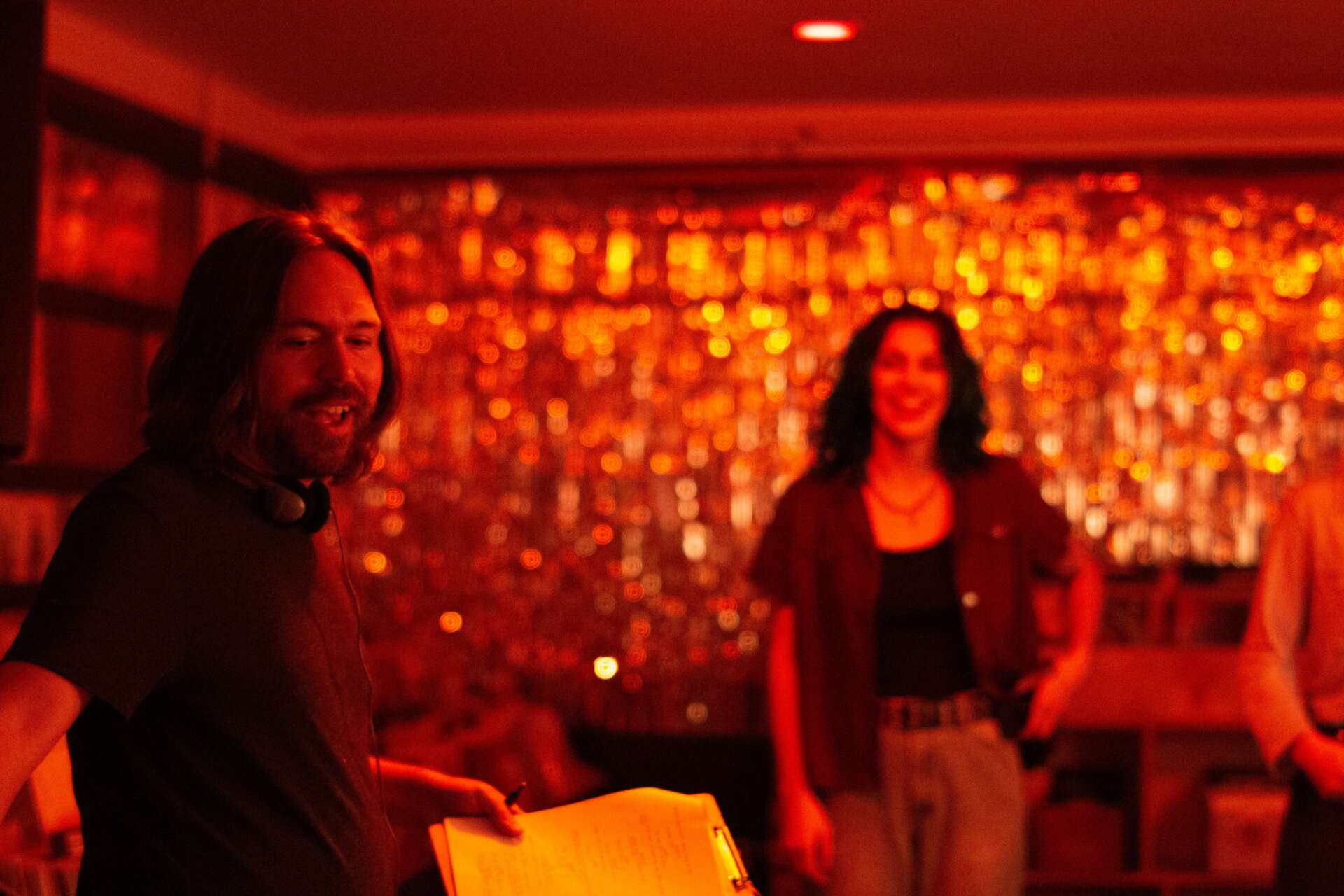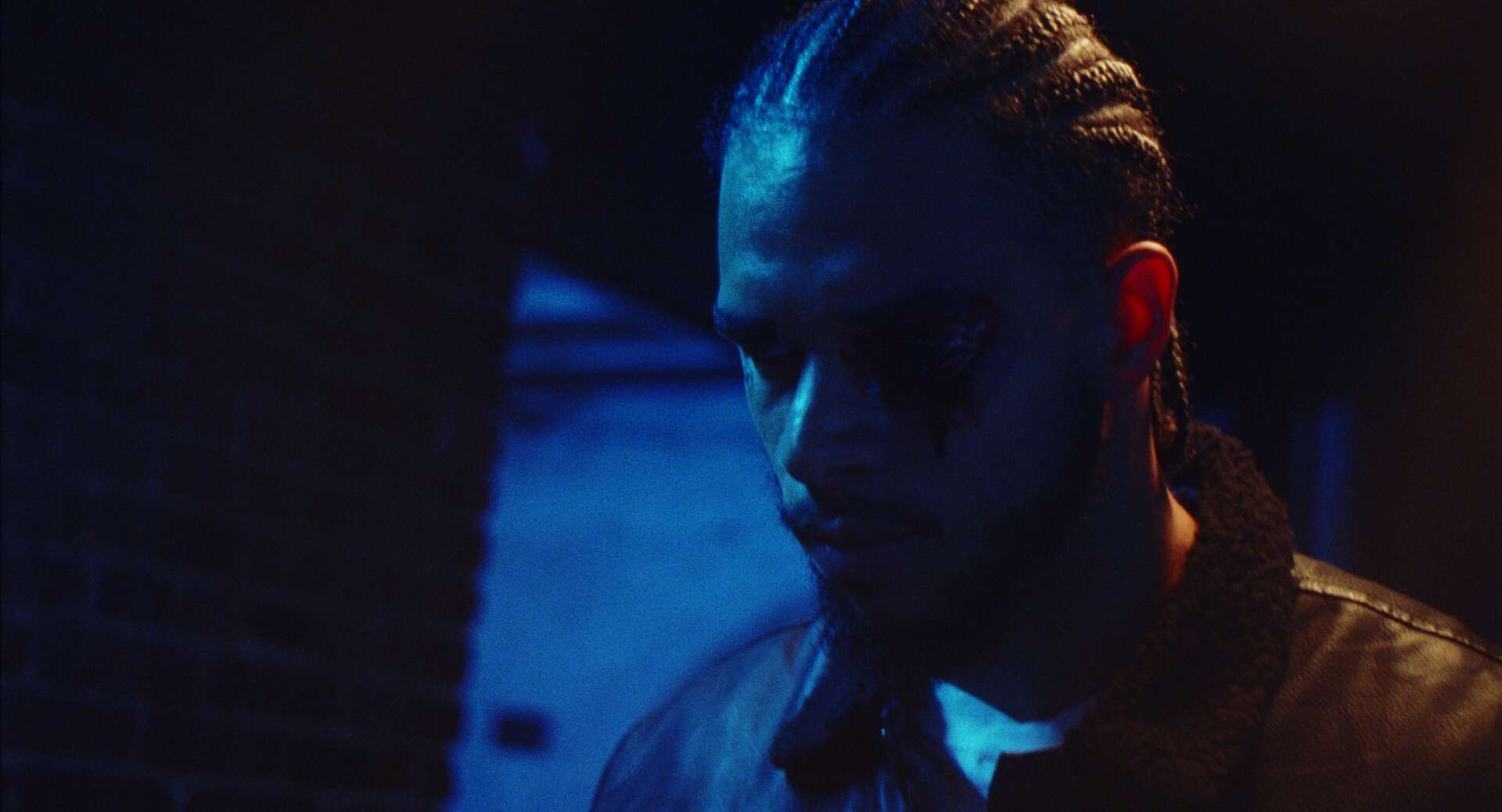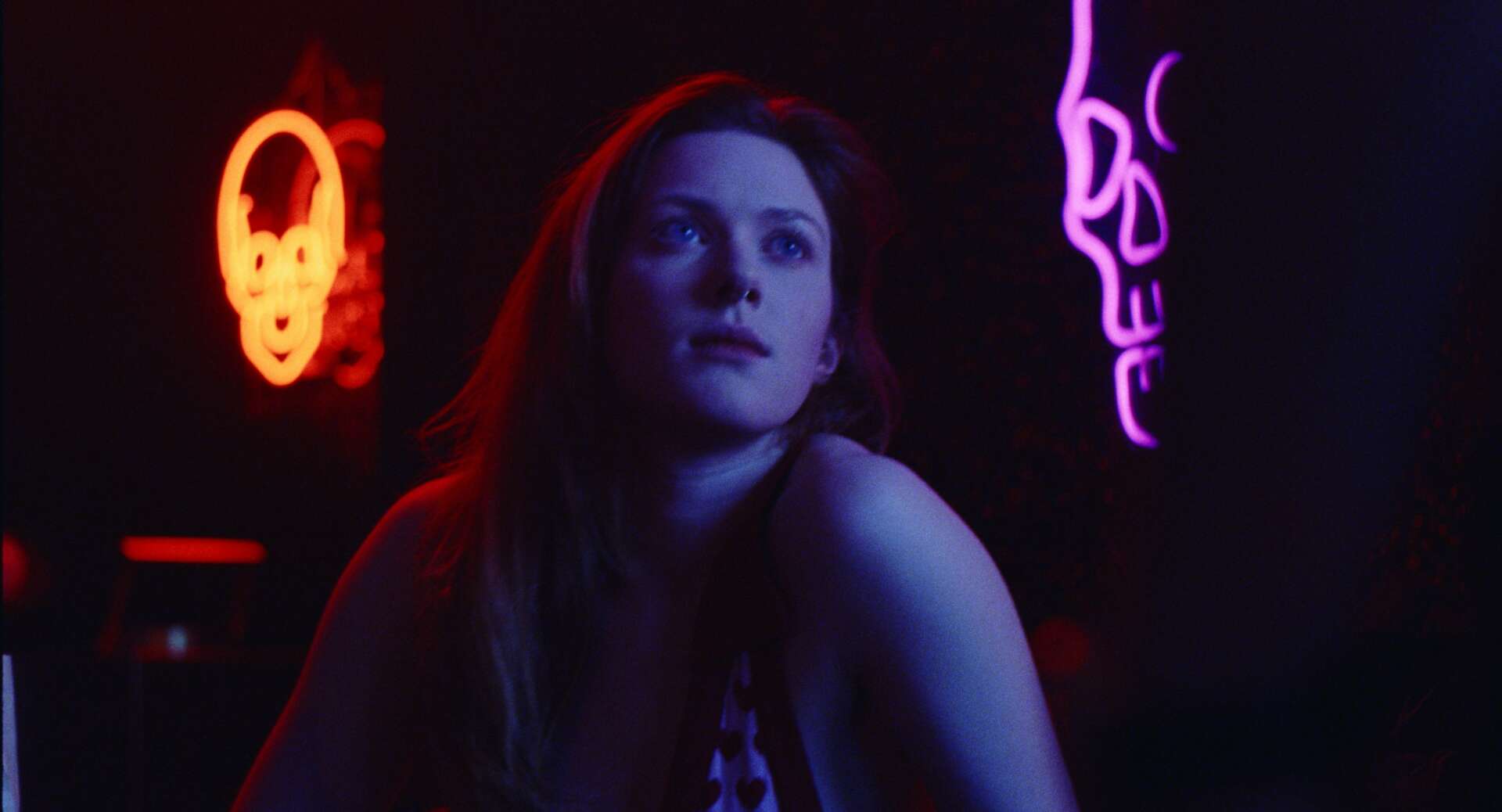We were lucky to catch up with Casey De Fremery recently and have shared our conversation below.
Hi Casey, thanks for joining us today. When did you first know you wanted to pursue a creative/artistic path professionally?
Like many people I’ve met along the way, Steven Spielberg’s “Jurassic Park” played a huge part in how I got to where I am. I was about six years old when Jurassic Park came out in theaters and when the Brontosaurus is revealed, I remember my jaw dropping and badgering my parents to go see it again (the first time I saw a movie twice in theaters). Ever since then, I’ve pursued filmmaking as my career and never really waivered, especially when other “safe” careers I was advised to pursue ended up being traps.
I initially pursued screenwriting under the mistaken belief that writers were king and revered in the industry since no project begins without a script. Later on, I pivoted more towards directing as I found it was the faster way of getting projects made and became my first love. To direct is a weird mix of creativity, problem solving, logistics, and human resources and while that can be combustible, there’s no bigger rush than a wrapped project where things came together!

Great, appreciate you sharing that with us. Before we ask you to share more of your insights, can you take a moment to introduce yourself and how you got to where you are today to our readers.
While initially pursuing writing and directing as my way in, on a practical level, video editing is what I learned first. Learning that trade early on was very formative in the way I setup shots, the pacing of a project, and of learning about the possibilities of the medium. It was in my high school years, circa 2003, when iMovie became available and I was shown how you can get footage onto a computer, how you can put it together, and get it out there, right as Youtube was introduced. Before that, the perception I had to enter film was that you had to basically be a machinist to be able to deal with the gear and get anything done but the introduction of digital filmmaking was a game-changer.
Over the years, I’ve worked on a broad range of projects from corporate and commercial to narrative feature films and music videos. If I were to list everything I’ve worked on, it would be a very eclectic list but my pride and joys are my narrative shorts and feature film, all of which are the most fundamentally ‘Me.’ I’ve written and directed an action feature film, “War Path,” that took up the back half of my 20’s to complete. Of the shorts, I’ve written/directed a broad range of short films for comedy, action, noir, horror, and romance.
The Needle” is a horror short that recently played at the Simi Film Festival, Glendale Film Festival, among others. It is one I’m incredibly proud of and has gotten an incredibly visceral reaction from audiences whenever I’ve been able to screen it. It’s a horror film about a drug addict who is haunted by a ghost from her past and is a cerebral and uneasy tale about an issue that many of us are confronted with and what its victims go through.

Is there a particular goal or mission driving your creative journey?
When it comes to what drives me, high among them is a constant urge to get better and to show that it can be done. Working within the industry, you don’t have to look far to feel jealousy, anger, or “thoughts” from success stories on what you “should” be doing, even if it’s not what you want. I know what my goals are and while the negative thoughts on what the industry can make you feel is strong, I’ve used it as fuel to get better and try to earn my seat at the table.
Within my own family, my pursuit of film is a bit of an outlier and the further you get into the industry, the more you do begin to see how the success stories often had a lot of wealth to help them along the way. I’ve wanted to prove to myself and others that you don’t have to be born into Hollywood royalty to ‘make it’ and while it’s an uphill climb, there’s a lot of steps I’ve taken to feel like it’s been working. It’s an expensive industry to be in one of the most expensive cities on earth and coming from a very blue collar background, I want to make an impact. If only the stories of wealthy creatives were what makes it into theaters and TV, pop culture would get boring in a hurry.

For you, what’s the most rewarding aspect of being a creative?
For me, the most reward part of being a creative is at the end of production and post production, the feeling of completion. It takes a monstrous amount of work to get to that point but to be celebrating the last few shots during production or the last steps of post, it’s an overwhelming feeling that very few other life events can touch. On my own narrative projects, the sense of accomplishment of seeing images in my brain living in camera and “how the hell did we get away with this?” is intoxicating. During editing, that process is nothing but problem solving and creativity so seeing raw clay evolve into what the end result can be is addictive. It’s also a process filled with regret when you know where the issues are or how it could’ve been better but that’s part of the process.
Contact Info:
- Instagram: @capitalff
- Twitter: @Capitalf
- Youtube: youtube.com/capitalfproductions


